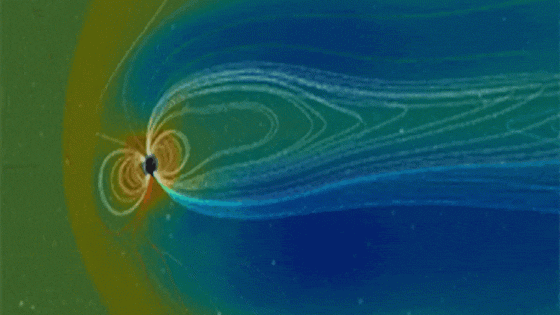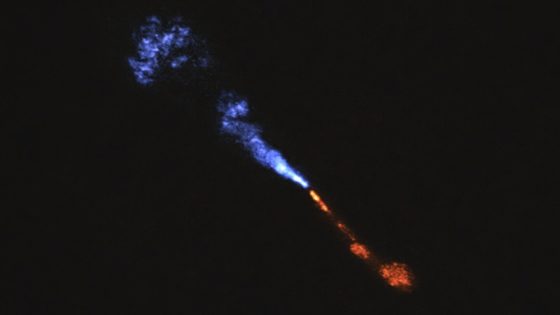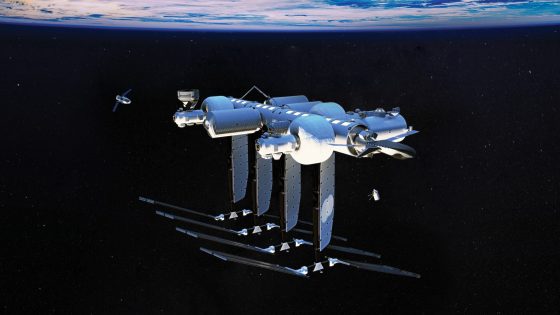The Earth has been spinning unusually fast recently, raising intriguing questions about timekeeping and our planet’s dynamics. On July 4, 2022, Earth completed a rotation 1.66 milliseconds faster than the standard, and on July 10, 2025, it recorded another short day, estimated to be 1.36 milliseconds quicker. These subtle shifts in rotation may seem minor, but they can significantly impact systems that rely on precise timing.
- Earth is spinning faster than usual.
- Recent record: 1.66 milliseconds faster.
- Leap seconds correct time discrepancies.
- Negative leap second proposal debated.
- Computing systems face synchronization issues.
- Next "short" day expected on August 5.
As Earth’s rotation continues to fluctuate, experts are revisiting the concept of a “negative leap second,” a measure that would adjust Coordinated Universal Time (UTC) to account for these rapid spins. While some scientists advocate for this adjustment, others warn of the complications it could introduce to global systems, especially given the interconnected nature of modern technology.
This debate prompts US to consider: how will we adapt our timekeeping systems in light of these changes? The implications are profound, affecting everything from GPS accuracy to international flight schedules.
- Recent Earth rotations have been faster than expected.
- Negative leap seconds could complicate global timekeeping.
- Not all scientists agree on the necessity of a negative leap second.
- Future rotations may stabilize, or continue to fluctuate.
As we look ahead, ongoing research will be crucial in determining how we adapt to these changes in Earth’s rotation and ensure the accuracy of our timekeeping systems.































